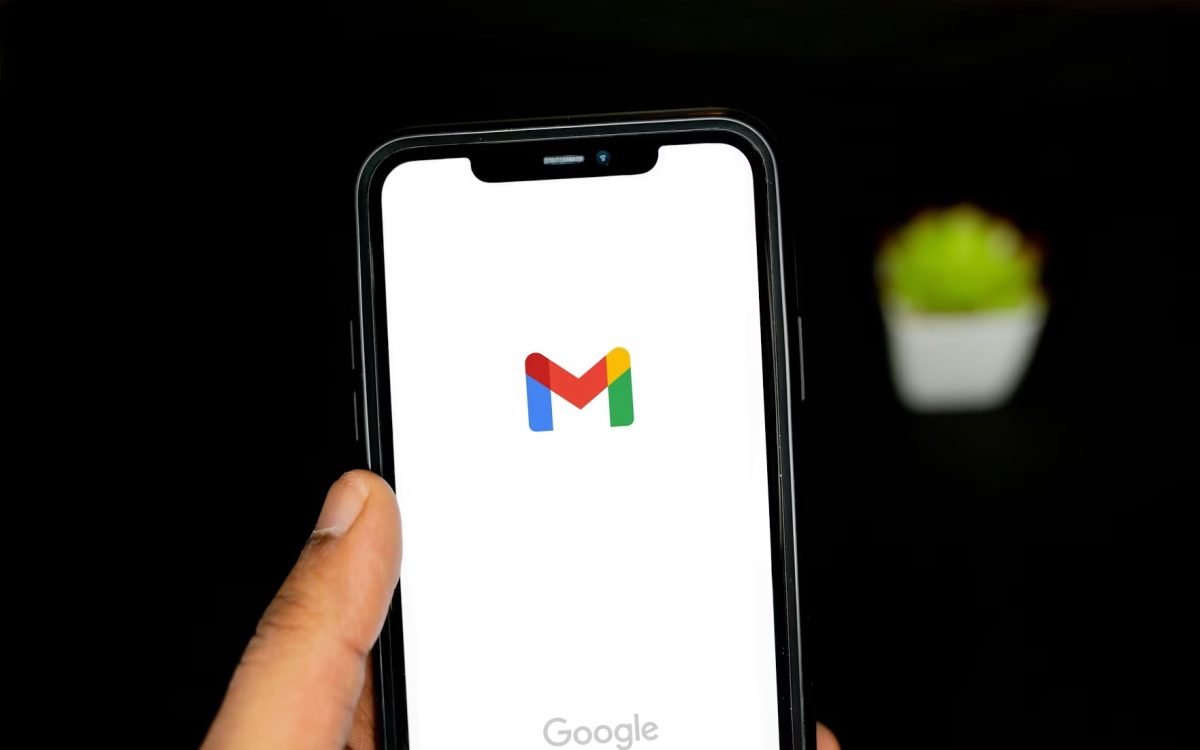Recently, social media platforms were abuzz with rumors suggesting that Gmail, Google’s popular email service, was slated for shutdown on August 1, 2024. A purported screenshot of an email from Google claimed that Gmail would cease to support sending, receiving, and storing emails beyond that date. However, Google has officially debunked these rumors, clarifying that Gmail is not shutting down.
The misinformation spread rapidly across platforms like X (formerly Twitter) and TikTok, triggering concerns and speculation among users. The alleged reason behind the shutdown, as per the screenshot, was attributed to Google facing backlash over its AI image tool, Gemini, which generated controversial images of “racially-diverse” Nazi soldiers.
However, upon investigation and official statements from Google, it became evident that the screenshot and the claims it made were false. Google confirmed that Gmail will continue to operate as usual, providing seamless communication and email services to millions of users worldwide.
The incident underscores the importance of verifying information from credible sources before disseminating it further, especially in an era where misinformation can spread rapidly across social media platforms. False rumors and hoaxes not only cause unnecessary panic and confusion but also undermine trust in the information ecosystem.
Gmail, since its inception, has been an integral part of Google’s suite of services, offering users a reliable and feature-rich platform for email communication. Its widespread adoption and user-friendly interface have made it a staple tool for individuals, businesses, and organizations alike.
Google’s clarification regarding the Gmail shutdown rumors serves as a reminder of the need for critical thinking and discernment while navigating the digital landscape. It highlights the importance of relying on verified information sources and exercising caution when encountering sensational claims online.
As we continue to engage with digital platforms and consume information online, it’s crucial to cultivate a healthy skepticism and a discerning eye towards the content we encounter. Fact-checking and verifying information before accepting it as truth are essential practices in combating the spread of misinformation and upholding the integrity of online discourse.
In conclusion, while rumors and misinformation may proliferate in the digital age, it is incumbent upon users to approach information with scrutiny and discernment. The debunking of the Gmail shutdown rumors serves as a testament to the importance of critical thinking and responsible information consumption in today’s interconnected world.









